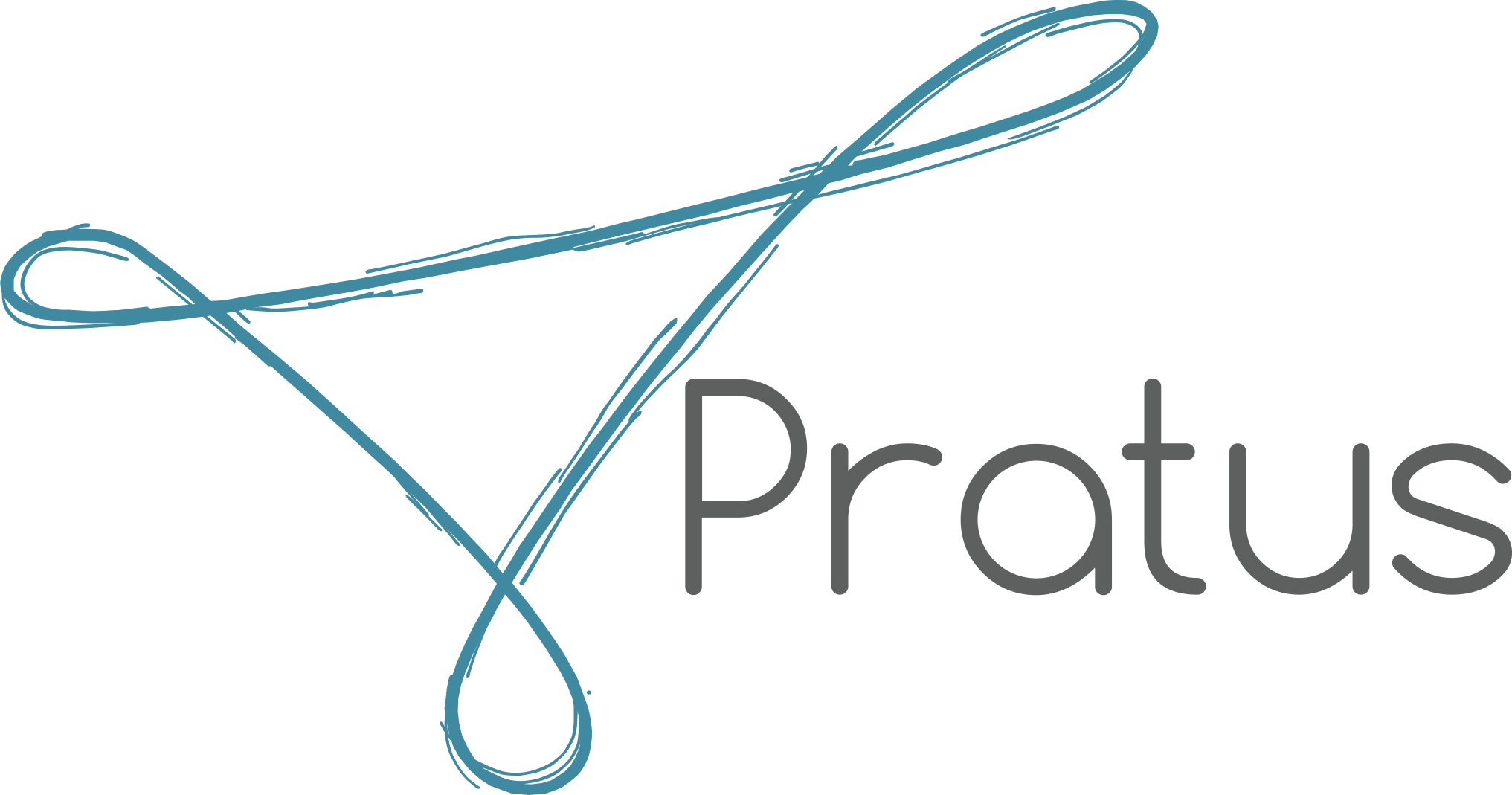Designing for All - Rick Hansen Foundation Accessibility Certification
Globally 1.3 billion people live with disabilities, representing the largest minority group in the world. In Canada, it is estimated that by 2036, one in five Canadians (between 7.7-8.7 million people) will report having a disability. It seems obvious to say that how people access and interact with the built environment plays a monumental role on their quality of life. However, for people with a disability, building access has been historically problematic. Simply put, building codes and standards fail to adequately remove barriers and provide meaningful access for people with disabilities.
In Ontario, the Accessibility for Ontarians with Disability Act (AODA) was passed into law in 2005. It was the first omnibus legislation in Canada to set mandatory accessibility standards to identify, remove and prevent barriers for people with disabilities. The aim of the AODA is to ensure that by 2025, Ontario is fully accessible to all. Although a positive step in the right direction, the AODA has fallen short. The AODA provides minimum design standards rather than meaningful access standards, that narrowly focus on building design features (i.e. accessible washrooms) for a small, defined group of people with disabilities. Meaningful access on the other hand provides accessibility to all users of a site, regardless of their ability – it looks at the entire user experience rather than simply evaluating the physical features of a building. Here’s an example:
An owner is designing a two-storey commercial office building, it will not have an elevator or lift. In accordance with the AODA the building must include an accessible washroom. Due to space constraints, it has been decided that the accessible restroom will be incorporated on the second floor. While this proposed design checks all the boxes to meet code (design feature of an accessible restrooms is present), it fails to provide any value to occupants who cannot use stairs. The approach is void of meaningful access for all.
It may come as a surprise that this sort of example is commonplace. Building designers, owners, and occupants design to code. When it comes to accessibility, we must shift our thinking away from ‘code minimum’ to be impactful. We must look towards the application of Universal Design and ultimately meaningful access. The goal of Universal Design is to expand design parameters to consider all abilities and all individuals by creating spaces that reduce the need for special accommodations and minimize the stigma people with disabilities face. In short, it’s about putting people with disabilities on the same level as able-bodied individuals.
So, how can Universal Design and meaningful access be quantified for a building? Thankfully, there is a simple answer, the Rick Hansen Foundation Accessibility Certification (RHFAC) rating system. The RHFAC is a third-party verified rating system (CSA Group conducts all external verifications) that measures the level of meaningful access of a building, beyond building code. It is based on a holistic user experience, considering people with varying disabilities (i.e. mobility, vision, cognitive function, hearing, etc.). RHFAC uses a consistent methodology in the form of a rating survey to yield reliable results and score a site. A site that is deemed accessible may earn one or two certification levels: RHF Accessibility Certified (score of 60%) or RHF Accessibility Certified Gold (score of 80%). Not all buildings that undergo an assessment will be eligible for certification. In those cases, undertaking the process is arguably even more valuable. Assessments provide a snapshot of the level of meaningful access of a site and identify areas of success and areas for improvement. They help owners develop a road map for short-term and long-term investment to achieve accessibility, a useful tool when capital planning and goal setting. Most importantly assessments highlight access barriers and encourage positive action, helping to move towards an equitable built environment for all.
Interested in undertaking an RHFAC Assessment or RHFAC Certification? Contact Mercedes Byers, RHFAC Professional, at mercedes.byers@pratusgroup.com
